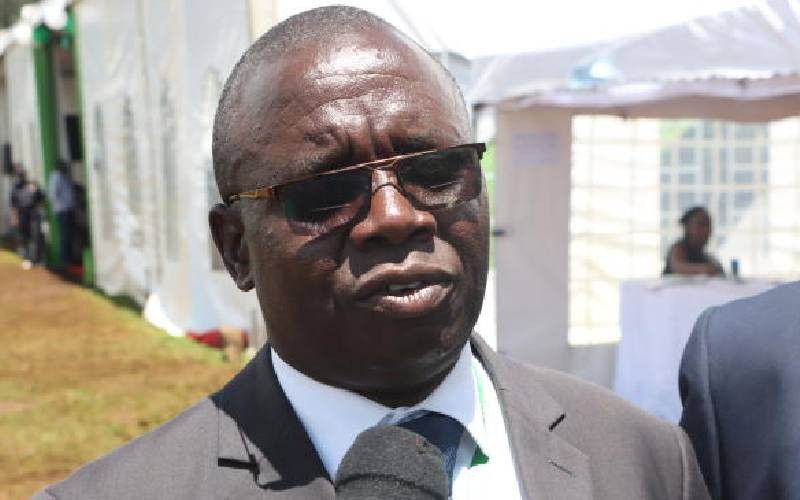×
The Standard e-Paper
Smart Minds Choose Us

The Kenya Nurses Progressive Association (KPNA) has warned that the Universal Health Coverage (UHC) will flop if community health nurses are not involved.
Speaking during the official opening of the Scientific Conference for the KPNA, the association President Michael Nyongesa, said that the government has not involved the nurses in promotive and preventive care.